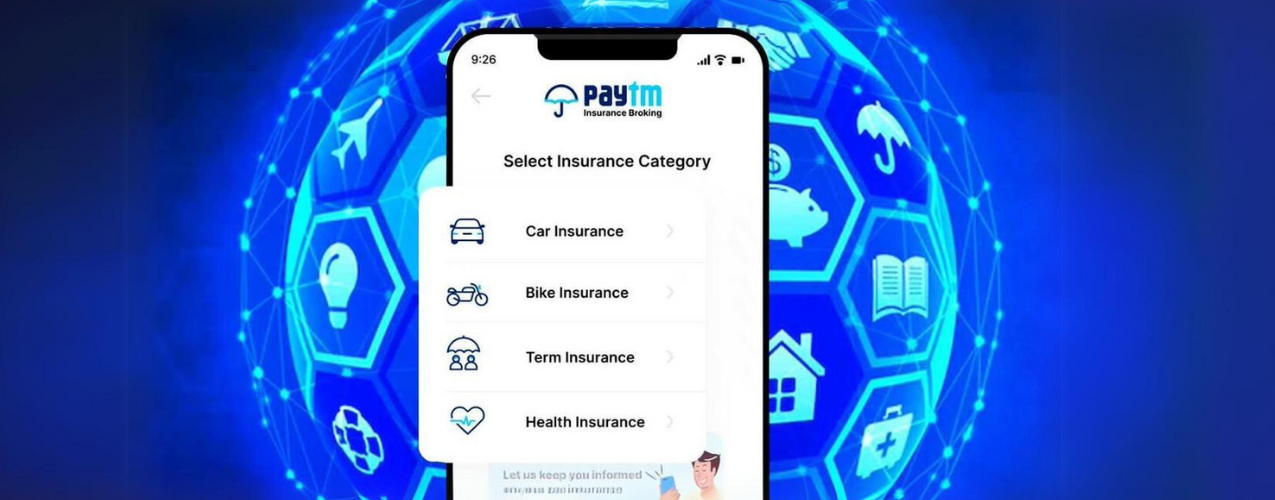Paytm General Insurance Limited (PGIL), a subsidiary of One97 Communications, has made a strategic decision to withdraw its application for registrat
Paytm General Insurance Limited (PGIL), a subsidiary of One97 Communications, has made a strategic decision to withdraw its application for registration as a general insurance company with the Insurance Regulatory and Development Authority of India (IRDAI). This move signals a shift in focus from manufacturing insurance products to enhancing its insurance distribution capabilities, particularly through its subsidiary, Paytm Insurance Broking Private Limited (PIPL).
The decision to withdraw the application aligns with One97 Communications Limited’s broader strategy to optimise resource allocation and reduce capital expenditure. By stepping back from the capital-intensive business of insurance manufacturing, One97 Communications aims to save Rs 950 crore, which had been earmarked for investment in PGIL over a decade. This investment plan, initially announced in May 2022, included plans to increase One97 Communications’ stake in PHIL from 49% to 74%.
“PGIL, an associate entity of One97 Communications, will be shifting its focus away from the capital-intensive insurance manufacturing business and withdrawing its general insurance licence application,” the company stated in a release. This realignment will enable Paytm to concentrate on expanding its distribution-first model, particularly for small-ticket personal loans and other financial products.
This strategic shift comes as Paytm looks to leverage its extensive distribution network to offer a wide range of insurance products. Currently, PIPL, a wholly-owned subsidiary, provides various embedded insurance products, including health, life, vehicle, mobile screen damage, cyber fraud loss, EMI protection, and job loss insurance. These offerings cater to both individual customers and merchants across India, with specialised products such as shop and business interruption insurance. Paytm has forged partnerships with several leading insurance firms, including Digit, Acko, ICICI Lombard, New India, Bajaj Allianz, TATA AIG, Aditya Birla Health, and Universal Sompo, among others. These collaborations enable Paytm to offer a diverse range of insurance products, enhancing its value proposition to its extensive user base.
A spokesperson for Paytm emphasised the company’s commitment to increasing insurance penetration: “By focusing on small-ticket general insurance offerings and leveraging the strength of Paytm’s distribution, we are committed to increasing general insurance penetration to a wider audience.”
This strategic realignment also follows regulatory actions impacting Paytm’s associated entities. Earlier this year, the Reserve Bank of India (RBI) took action against Paytm Payments Bank, reflecting broader regulatory scrutiny and compliance pressures that have influenced Paytm’s strategic decisions across various business verticals, including lending and insurance.
Despite facing financial challenges, including widened consolidated losses in the fourth quarter of the fiscal year 2023-24, Paytm’s announcement has been met with positive market response. Paytm shares traded with gains of more than 2% on the National Stock Exchange (NSE) following the announcement.
Paytm’s decision to prioritise insurance distribution over manufacturing reflects a broader trend in the fintech industry toward optimising capital efficiency and leveraging existing strengths. By capitalising on its established distribution network and strategic partnerships, Paytm aims to enhance its product offerings and reach a wider audience, particularly in the small-ticket insurance segment. This strategic move is expected to streamline operations, reduce capital expenditure, and potentially improve profitability in the long term. By focusing on its core strengths and leveraging partnerships, Paytm aims to drive greater insurance penetration and financial inclusion in India.


COMMENTS